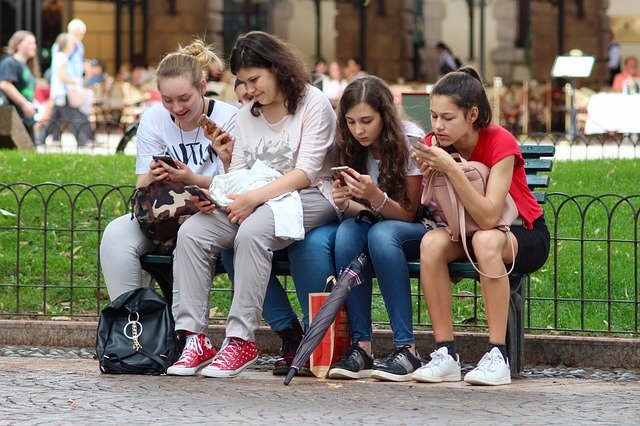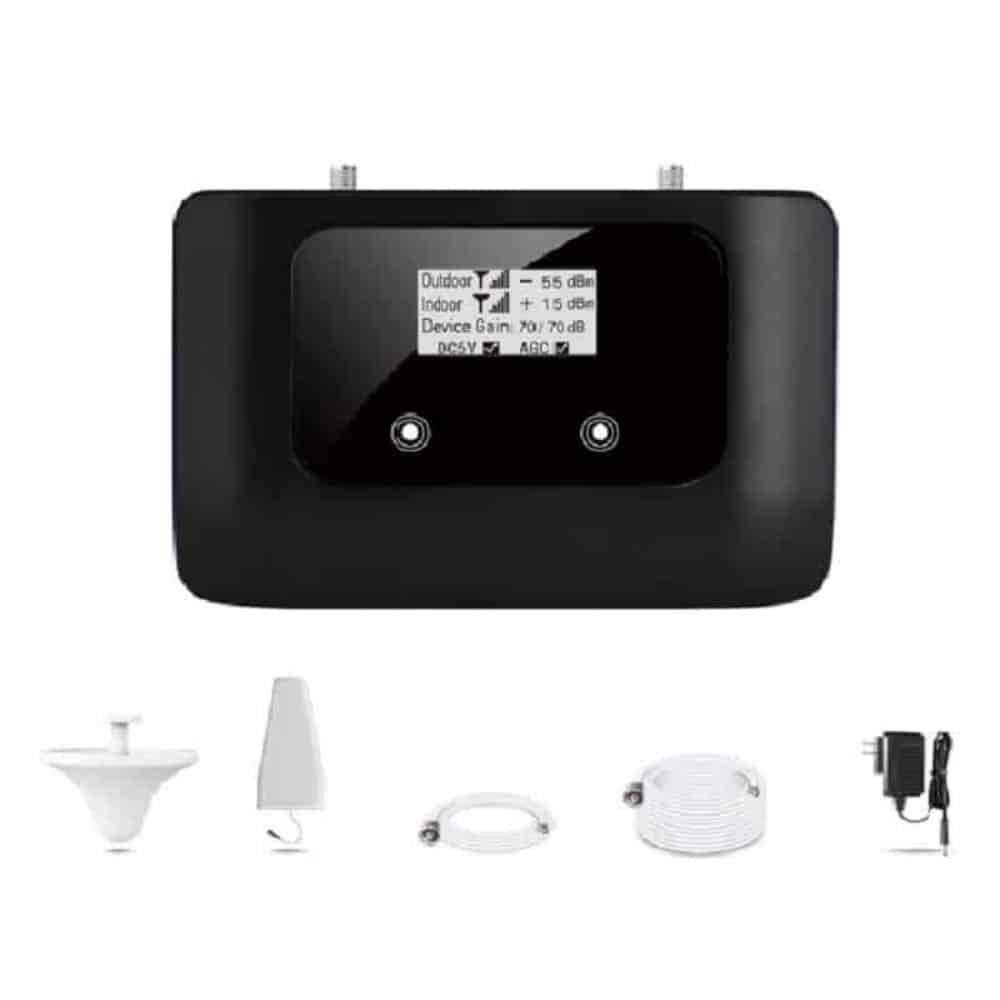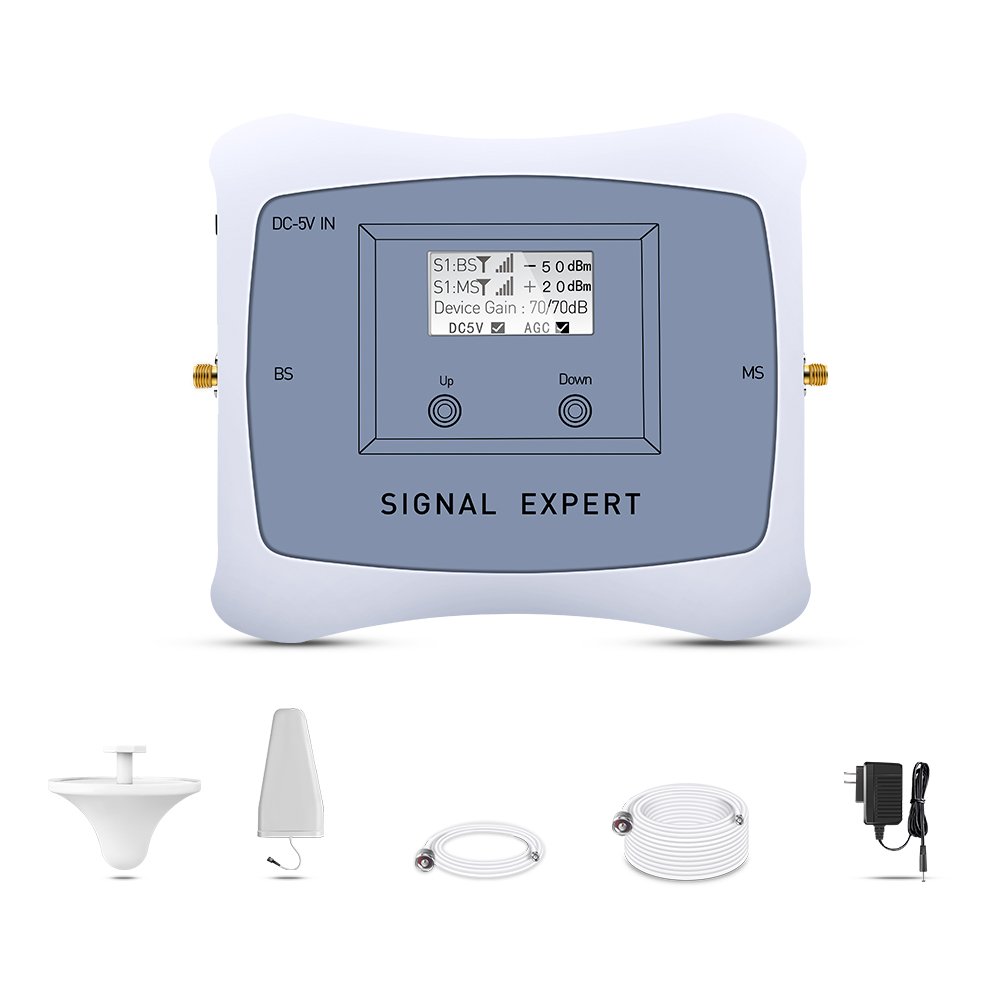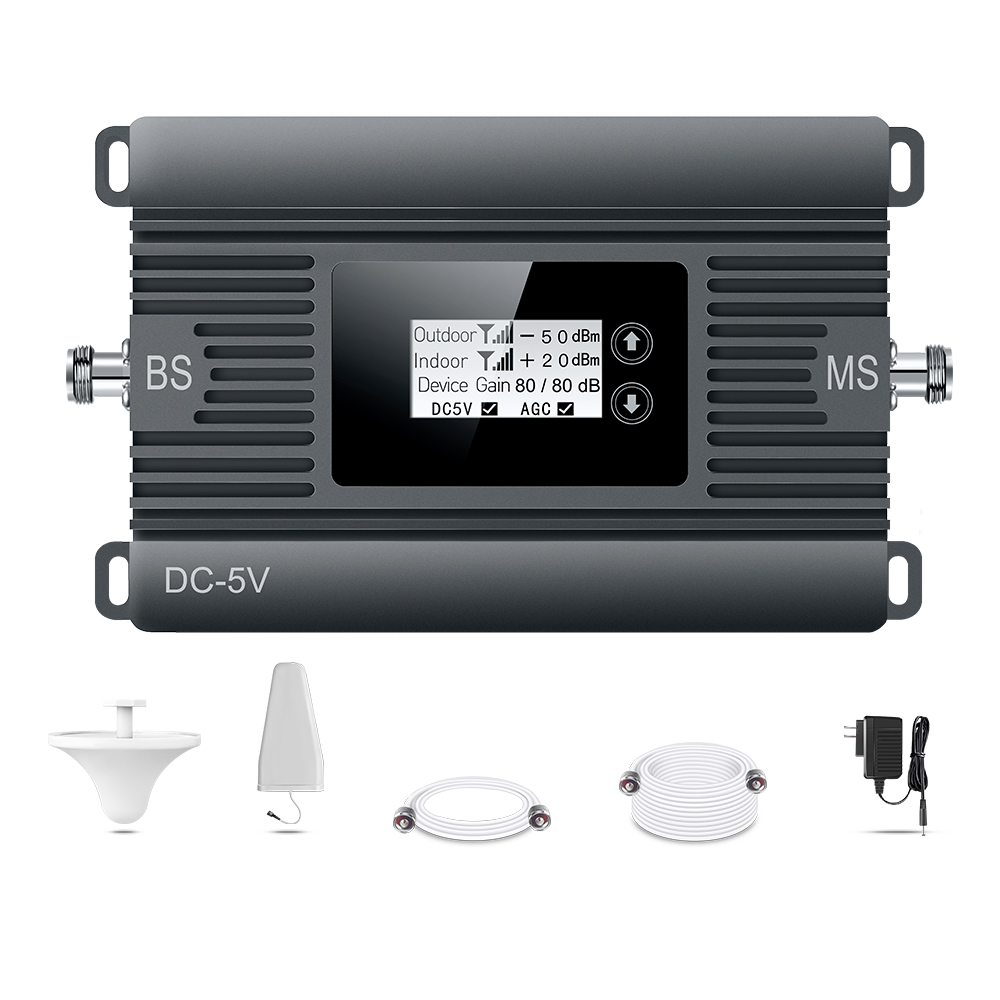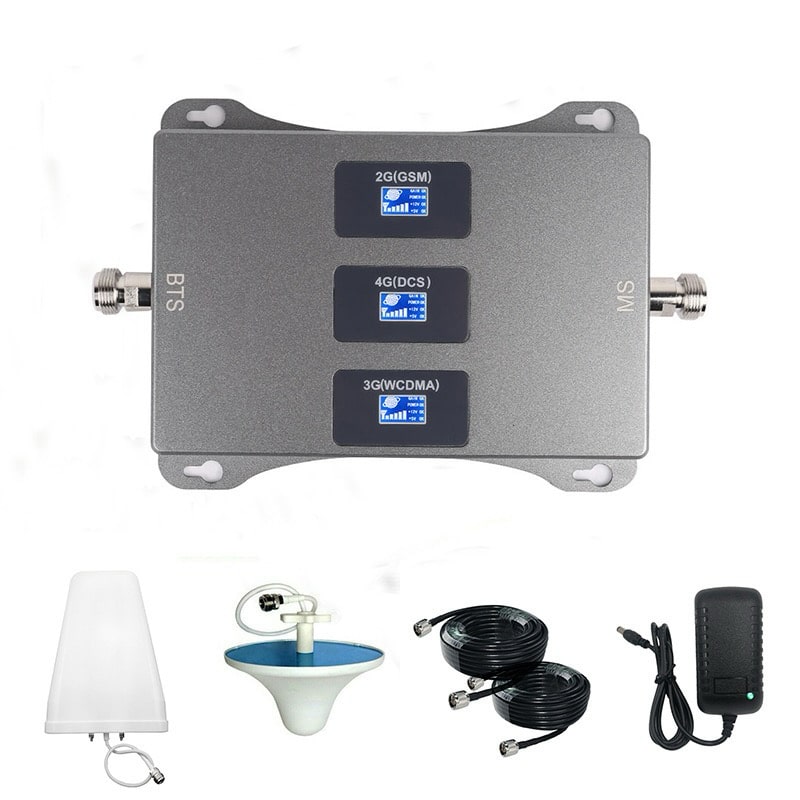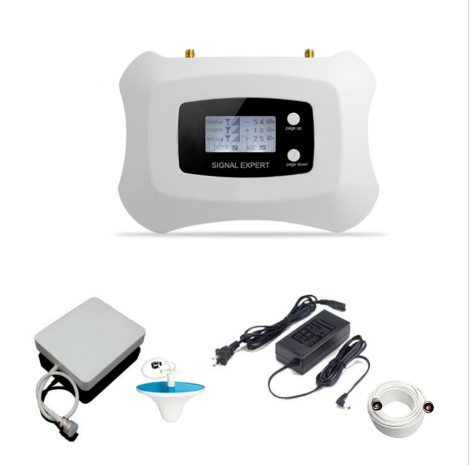Better Cell Signals around Campus and Dorms
The reason learning institutions experience weak cell reception is because they have a lot of buildings that require better cell signals and at the same time obstruct each other from getting the same reception.
This is especially true for campuses that have multi-story buildings. Learning institutions are heavily reliant on better cell signals to better deliver to their students. Research, communication, and even simulations are a daily part of schools, which would be affected when signals are weak.
Some campuses sit on large acreages of land with a lot of tall buildings. Some of them even have basements because of the terrain of the land. Also, there are a lot of people served by limited infrastructures such as teachers, students, staff members, and the surrounding members of the community.
This can take a toll on the available resource leading to weak signals. Some considerations can help get better cell signals in schools.
Consider Construction Materials
When the administration thinks of building a new block or dorm, they might want to consider building materials that do not obstruct or weaken radio frequency signals.
Materials such as brick and stone block signal while concrete and glass can distort or change the direction of the signals altogether.
They also need to avoid some new construction methods that obstruct the path of signals like steel rebar that is known to create an effect called a Faraday Cage Effect that does just that.
Consider Using Signal Boosters
Because of the size of the campus and the buildings that are already in existence on the campus, the best solution would be using signal boosters. Two types of cell phone boosters can work in such cases:
Basic In-Building Signal Boosters
As the name suggests, technology is entry-level and can be used in one office space. It has an exterior antenna, interior antenna, and a cable wire that connects the amplifier to the antenna. It can also include a small repeater that works for a small workspace.
The repeater is easy to install, offers secure communication between users, and is affordable. Most repeaters nowadays can boost even the latest technology, 4G LTE.
This can be useful if the buildings are stand-alone and far apart from each other. Each office building can have its own dedicated signal booster.
Advanced In-building Signal Booster
This is the best solution for most schools with bigger offices, lecture halls, or dormitories. It works even better for multi-story buildings because it is customizable according to the needs of an institution.
Look for a service provider that understands the requirements of the institution first so that they can offer the best system. They should consider communication security, great signal strength, and the safety of the buildings.
Consider putting up these boosters across the campus at the same time with the same provider for better pricing and ease of maintenance in the future.
